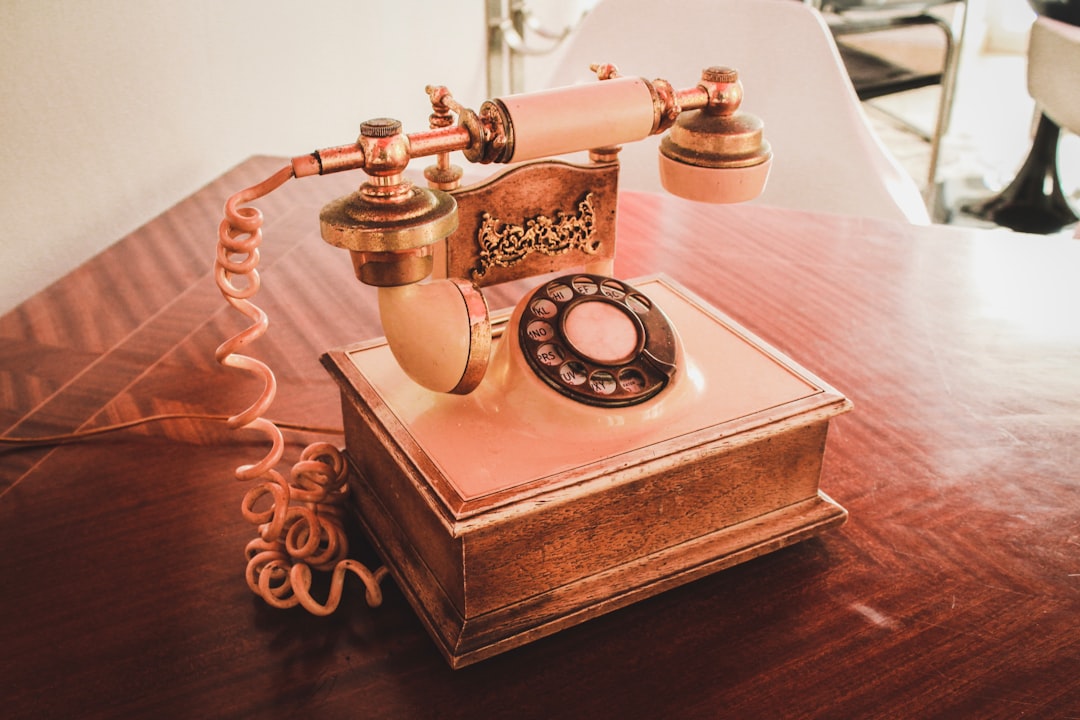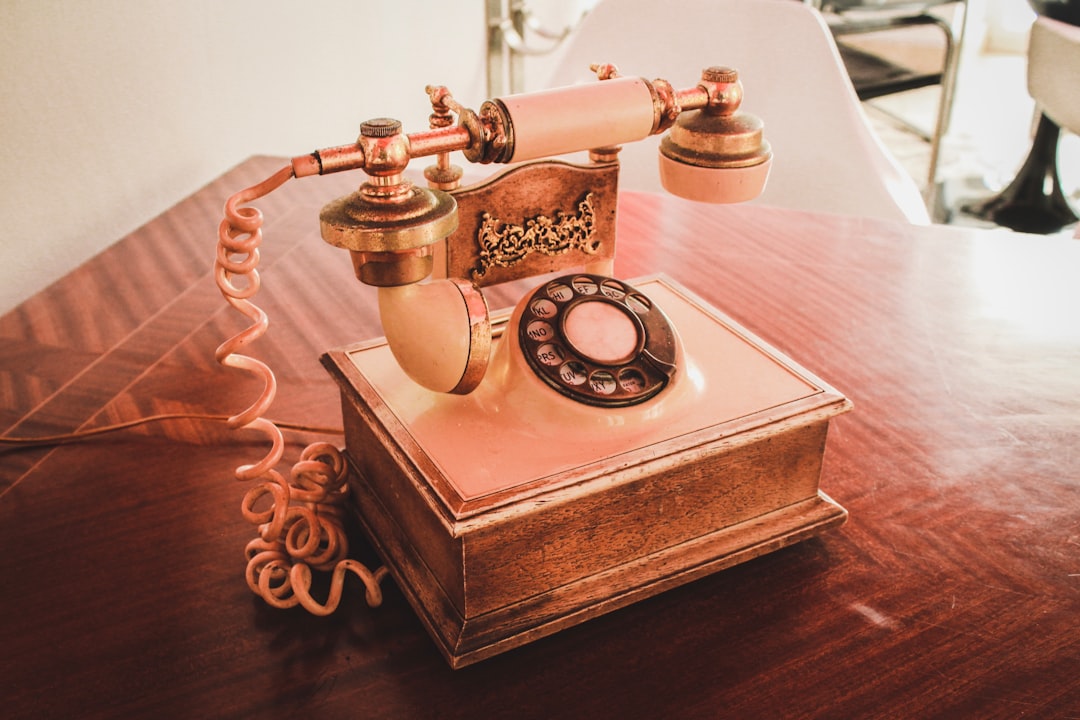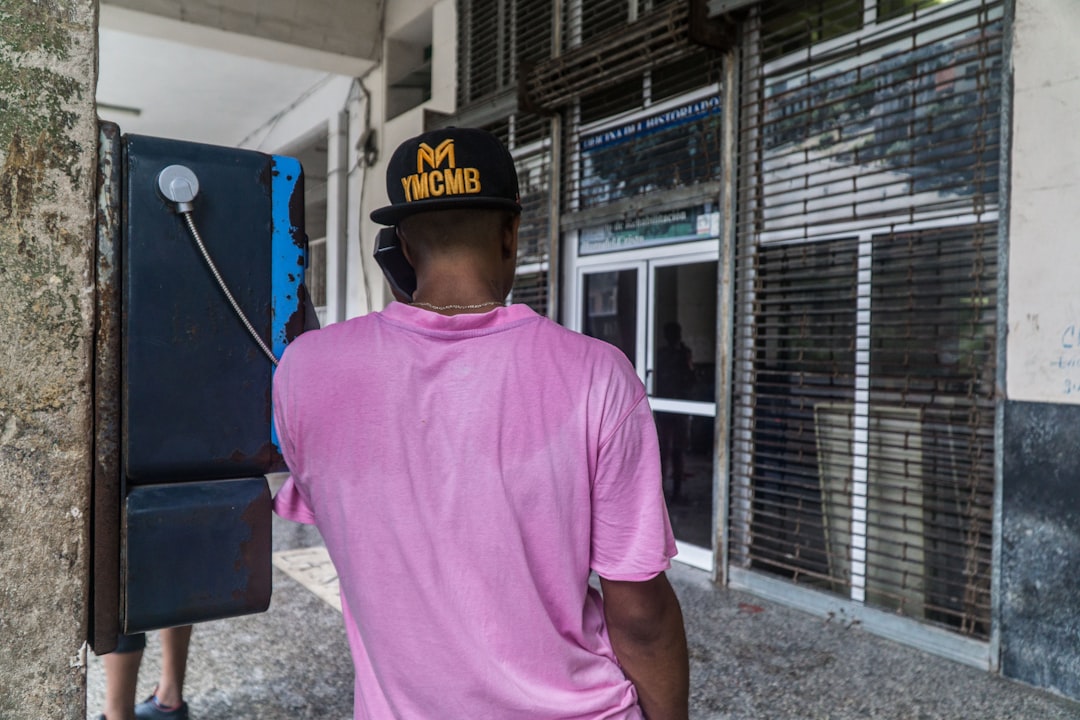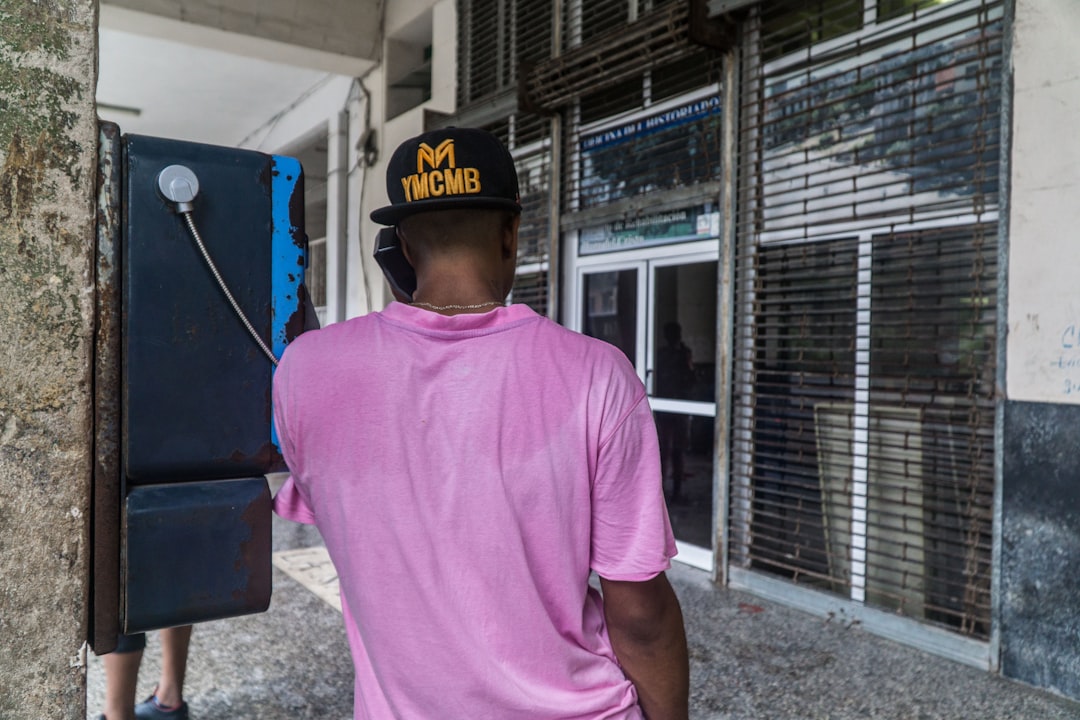Voice biometrics is a cutting-edge technology that combats spam calls by accurately identifying individuals through their unique vocal traits, enhancing call authentication security. In Minnesota, strict regulations are in place to protect consumers from unwanted telemarketing, with spam call lawyers playing a crucial role in upholding these measures. This proactive approach aims to reduce consumer frustration and maintain trust in communication systems. As technology advances, continuous improvements in speech analysis algorithms using machine learning and AI will further strengthen the fight against fraudulent activities targeting Minnesota residents, making voice biometrics a powerful tool for spam call prevention.
“The South Haven Seminar sheds light on the transformative potential of voice biometrics in combating the escalating crisis of spam calls. As Minnesota, known for its robust consumer protection laws, considers new measures to safeguard residents from malicious phone communications, this article explores key themes. We delve into the rising efficacy of voice biometrics as a powerful tool against spam calls, analyze Minnesota’s legal perspective on call authentication, and forecast future trends shaping safer communication environments.”
The Rise of Voice Biometrics: A New Weapon Against Spam Calls

Voice biometrics, a cutting-edge technology, is transforming the way we combat spam calls and enhance call authentication security. As a powerful tool in the fight against unwanted and malicious phone communications, it offers an unprecedented level of accuracy and convenience. By analyzing unique vocal characteristics, this innovative system can identify individuals with remarkable precision, making it a game-changer for both consumers and businesses, especially those seeking reliable spam call lawyers Minnesota.
The rise of voice biometrics provides a new frontier in cybersecurity, ensuring that calls are not only authenticated but also protecting users from fraudsters. Its implementation is timely, given the increasing prevalence of spam and scam calls targeting individuals across the nation, including Minnesota. With its advanced algorithms, this technology can adapt to the subtleties of human voices, making it difficult for spammers to mimic or bypass.
Minnesota's Legal Perspective on Call Authentication: Protecting Consumers

In Minnesota, the legal perspective on call authentication is evolving to better protect consumers from spam calls. The state has implemented stringent regulations aimed at curbing unwanted telemarketing practices and ensuring that residents’ privacy is respected. Spam call lawyers in Minnesota are actively involved in advocating for these measures, which include requirements for caller identification and authentication to verify the source of incoming calls.
This proactive approach underscores Minnesota’s commitment to safeguarding its citizens from fraudulent or harassing calls. By strengthening call authentication standards, the state aims to reduce consumer frustration and build trust in communication systems. As technology advances, so too do the methods used by spam callers, making it imperative for legal professionals specializing in this area to stay ahead of the curve to effectively protect Minnesota residents.
Future Trends: Enhancing Voice Biometrics for Safer Communications

The future of voice biometrics in call authentication looks promising, with continuous advancements aiming to make online communications safer. As technology evolves, voice recognition systems are becoming more sophisticated and accurate. This advancement is crucial in combating the growing issue of spam calls, a concern that has prompted many Minnesota spam call lawyers to advocate for stronger security measures.
One trend focusing on enhancing voice biometrics involves improving speech analysis algorithms, allowing systems to better detect and differentiate voices. By leveraging machine learning and artificial intelligence, these technologies can identify subtle variations in vocal patterns, ensuring more secure authentication. This is particularly relevant in the context of spam call prevention, where accurate voice identification can help block unauthorized access and protect users from fraudulent activities.






